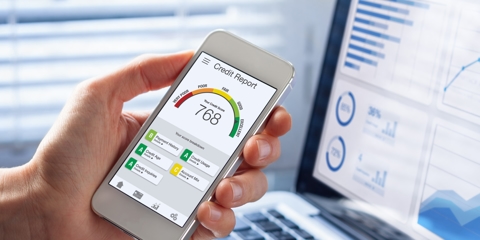That’s not exactly the way the process works. By law, if you owe a debt that has not been paid, such as a credit card debt, student loan debt, or unpaid medical debt, and you have assets, those assets can be taken to pay your unpaid bills. However, this process is not an automatic one. There are many legal steps that have to happen before your house or your car could be taken.
First, in order for a credit card company, debt collector, or another creditor to get your assets, they have to sue you and win the case. You are legally entitled to get notice of the lawsuit and a chance to defend against it. You may have valid defenses to their claims. They may not have proper records of your debt. The statute of limitations on collecting the debt may have expired. You may be able to make claims against them for violating your legal rights, such as if a debt collector harassed you.
If you ignore the lawsuit, or if you defend against the claims but you lose the lawsuit, the debt collector or creditor will obtain a judgment against you. The creditor can then use that judgment to put a lien on your house, seize your car, take money out of your bank accounts, or attempt to take your other assets in order to satisfy the judgment. Normally, if a creditor puts a lien on your house, the creditor only receives the money that is owed when the house is sold or refinanced. The creditor could ask the court for permission to force a sale on your home, but that is rarely done.
Before you start worrying about your unpaid bills and losing your home, you should be aware that for a creditor to sue you over unpaid debts, and then to put a lien on your home, is unusual. The debt collector must hire an attorney and pay for court costs for the lawsuit. In most cases, the debtor does not have any assets to cover the judgment, so the debt collector does not bother. This is especially true in situations where there is little or no equity in the home.
If you owe unpaid debts, like medical debts, credit cards, or student loans, and you are worried about a debt collector attempting to seize your assets, the best course of action is to make a plan. You may choose to file a Chapter 7 or a Chapter 13 bankruptcy. This could help wipe out some of those debts, or make the payments on the debts more manageable. You may be able to settle the debt directly with the creditor. The creditor may be open to setting up a payment plan. Many people who are past due on their debts try to ignore the problem and hope it goes away instead of letting the creditor know what is happening and working with the creditor on a solution.
If you are worried that a debt collector may come after your home, call the Atlanta bankruptcy attorneys at Holston & Huntley. We can help you figure out a game plan that will work with your situation. You may consider a Chapter 7 or a Chapter 13 bankruptcy, or another option may be better for you. Call us today to learn more. We serve Metro Atlanta Georgia as well as Birmingham Alabama including surrounding areas.





